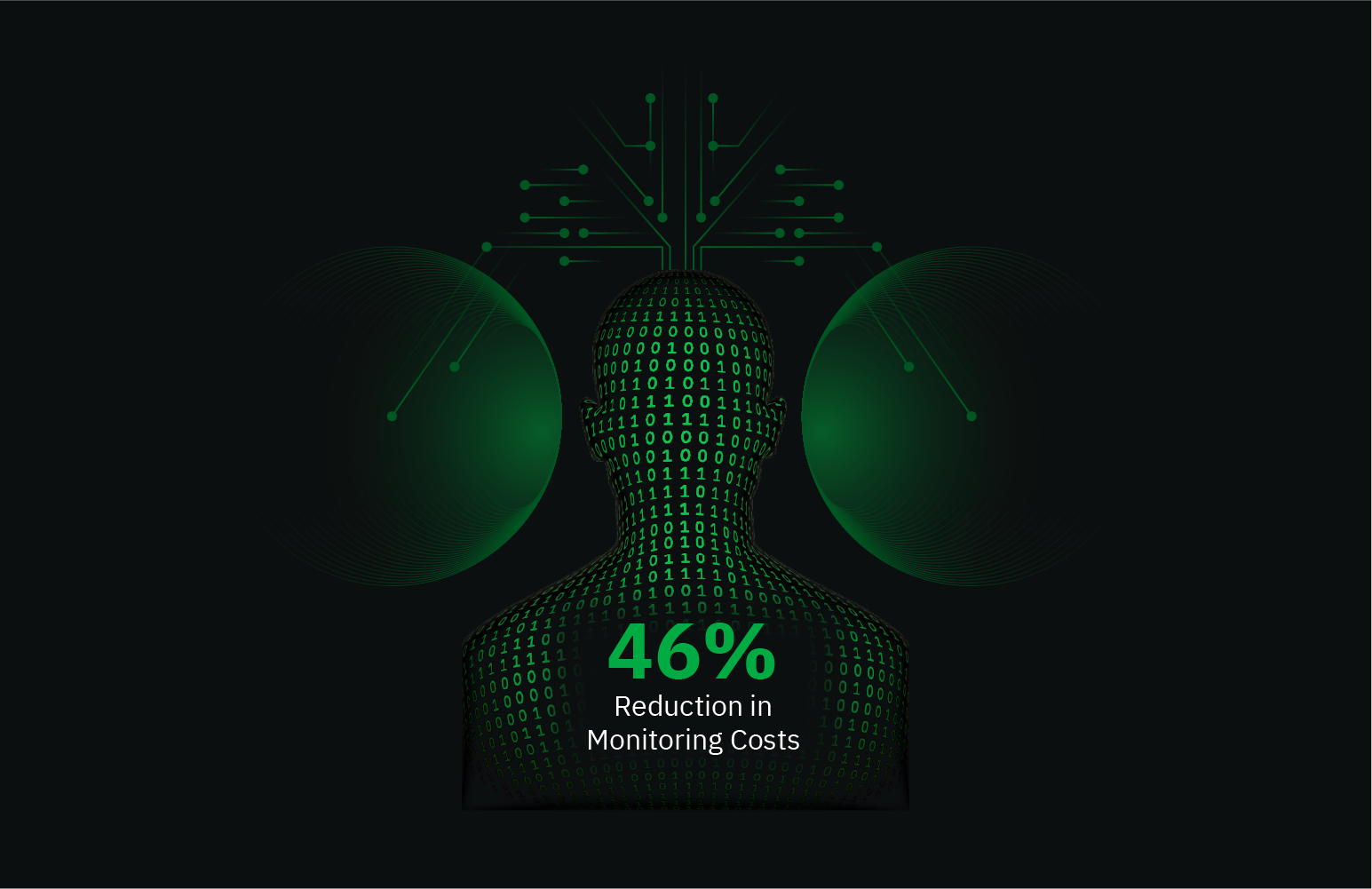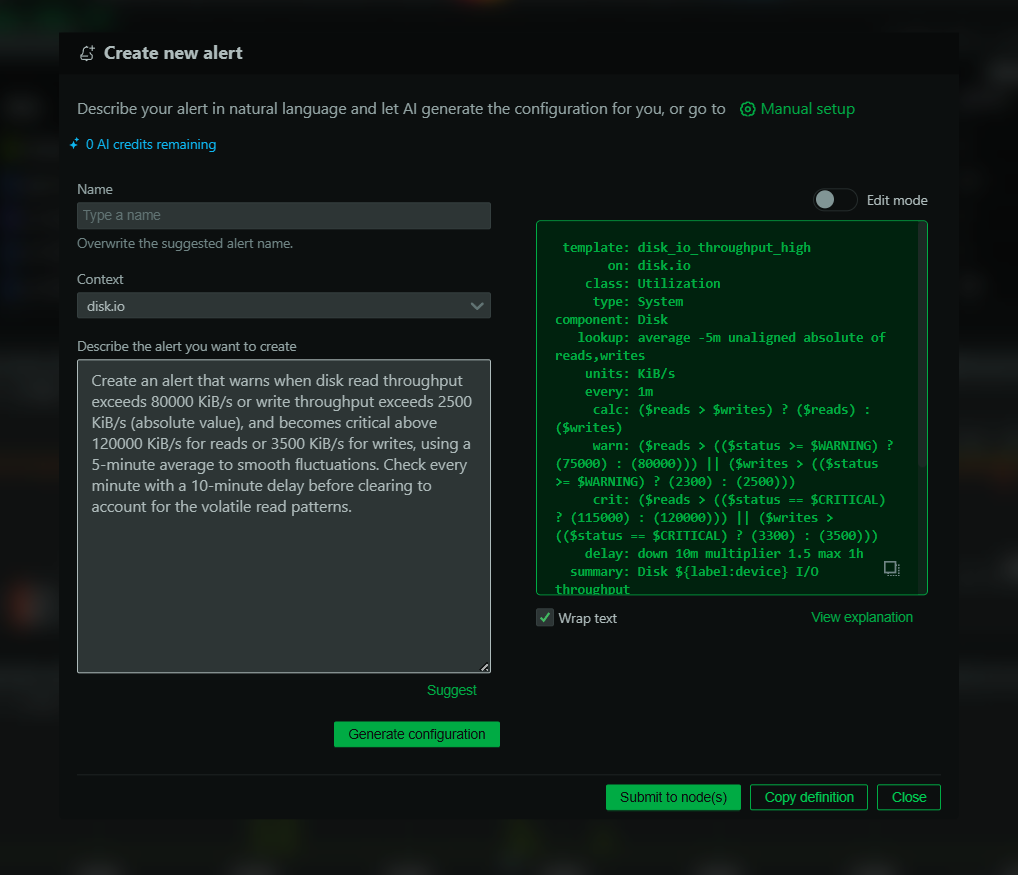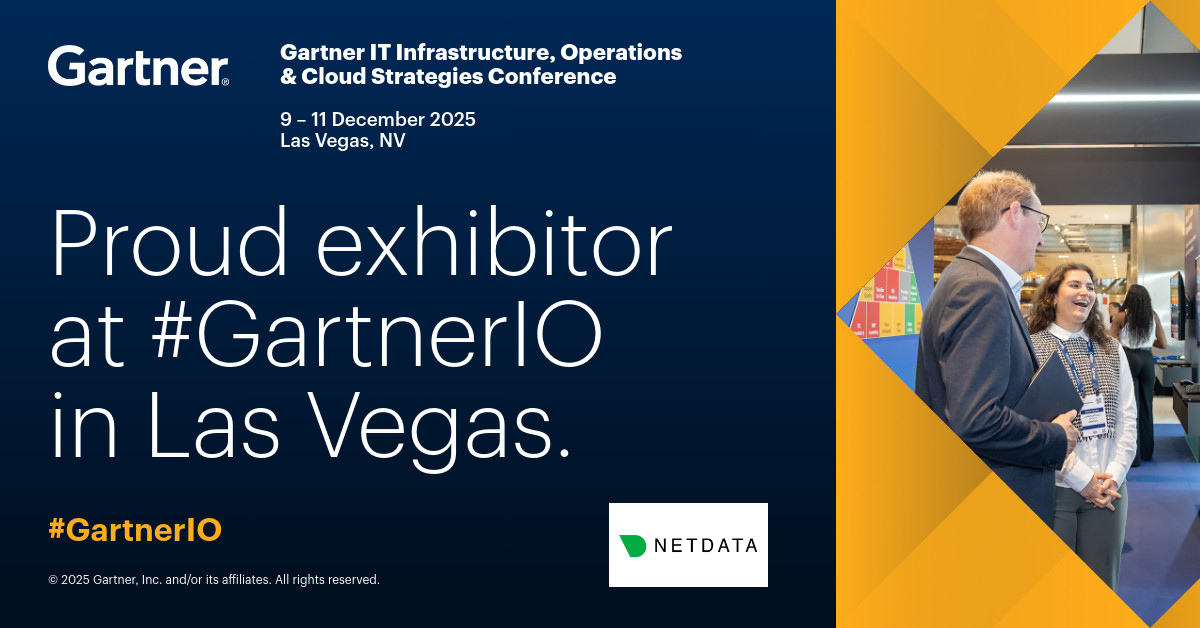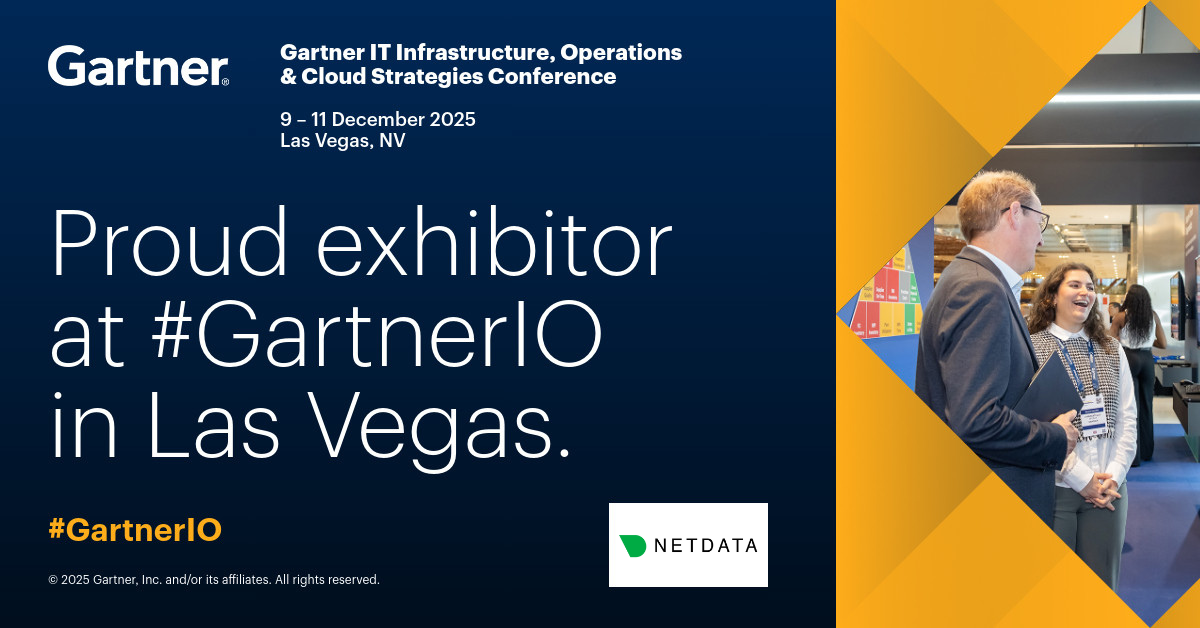Complete Real-Time Observability Beyond Log Collection
Netdata delivers comprehensive infrastructure monitoring with metrics, logs, ML-based anomaly detection, and AI troubleshooting in one unified platform. While Fluentd excels at log routing, Netdata provides the complete observability foundation your operations teams need - with per-second visibility, zero configuration, and 90% lower costs than traditional monitoring stacks.


























































